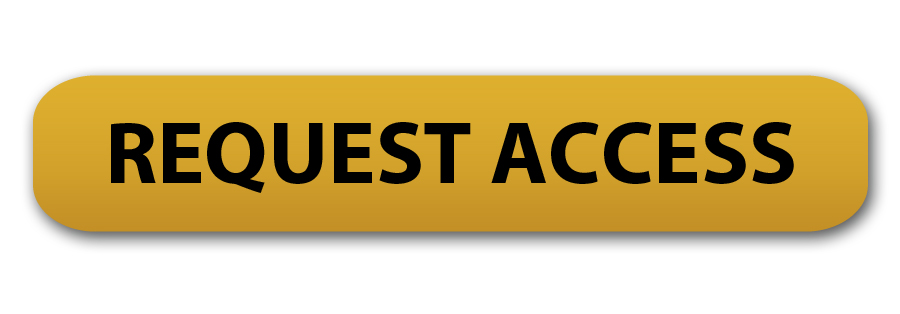Sample Demonstration of the ACES Tool
For access to the complete ACES Tool, please follow the steps below and click View Results. Select the REQUEST ACCESS button on the feedback page and submit the ACES Tool Request Form.You can also select the REQUEST ACCESS button to go directly to the request form.
The purpose of the Assessing Clinical Ethics Skills (ACES) tool is to assess the competency and proficiency of clinical ethics consultants in conducting ethics consultations. The ACES project provides training on how to understand and apply the tool to rate the skills of clinical ethics consultants in simulated ethics case consultations. The ACES tool draws on the Core Competencies for Health Care Ethics Consultation created by the American Society for Bioethics and Humanities and the Ethics Consultant Proficiency Assessment Tool from the Integrated Ethics Program at the Department of Veterans Affairs.
Already have user approval? Continue here to the ACES tool cases.
Below you will see items 1-3 of the ACES tool as a demonstration of its content and functionality. The complete ACES tool contains 12 items.
- First, you should review the detailed instructions on how to use the tool by accessing the scoring rubric for questions 1-3 (SCORING RUBRIC).
- Second, watch the video of an ethics consultation about a stroke patient and score questions 1-3 rating how you think the ethics consultant performed.
- Once you have completed all the questions, hit the "View Result" button for feedback.
View the video and answer questions below.
For ACES web site technical support, please contact us at LoyolaBioethics@luc.edu.
